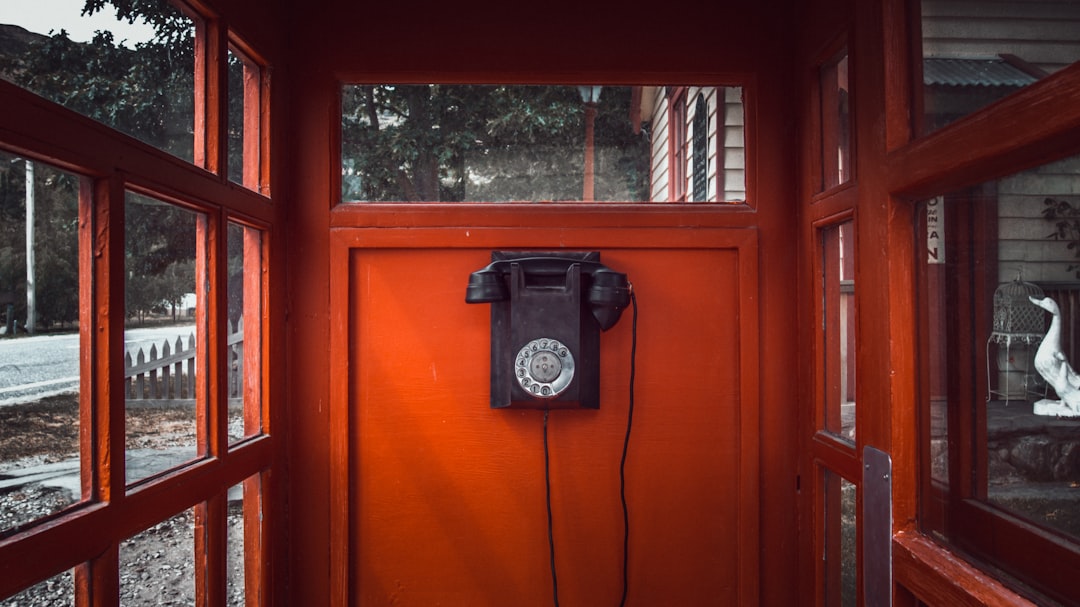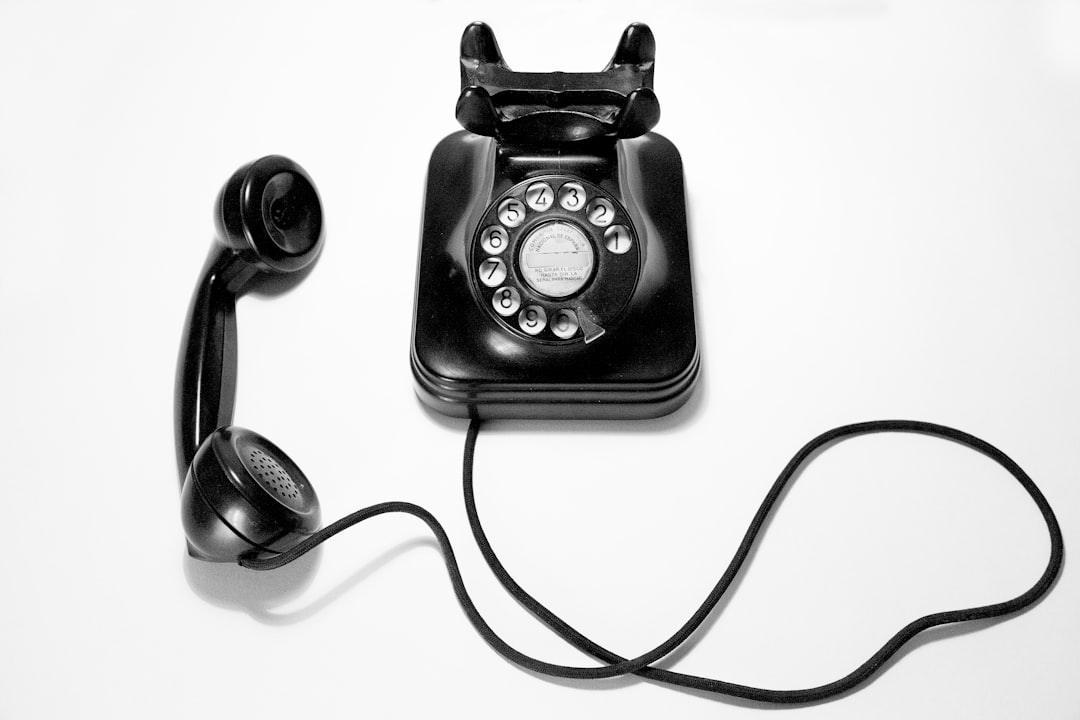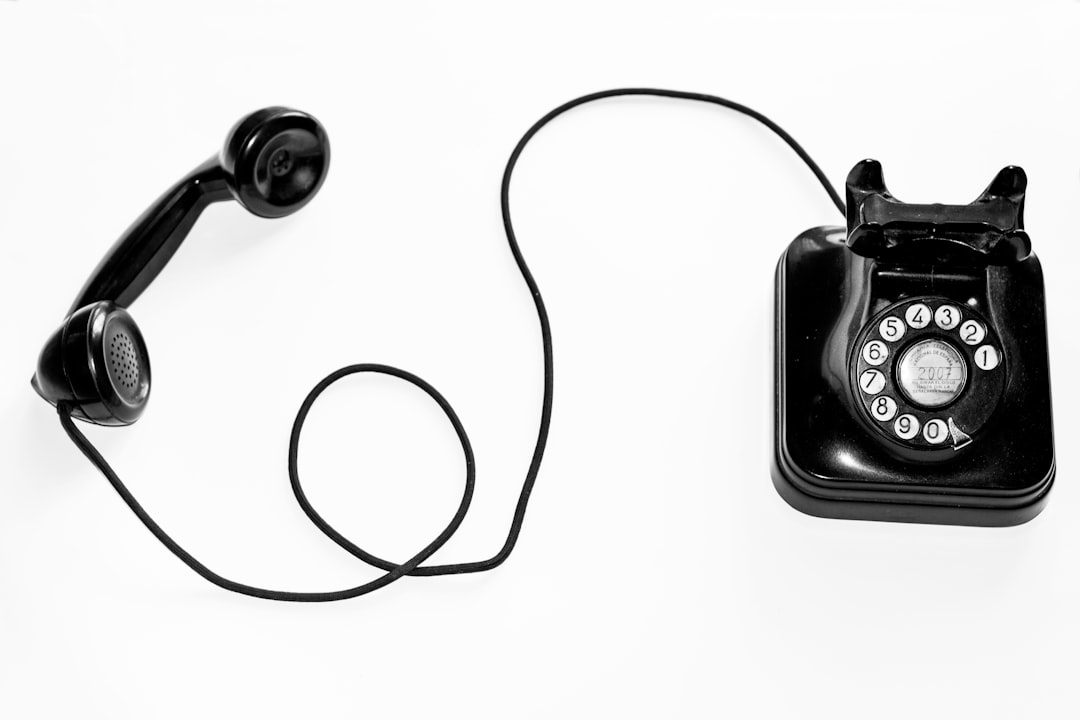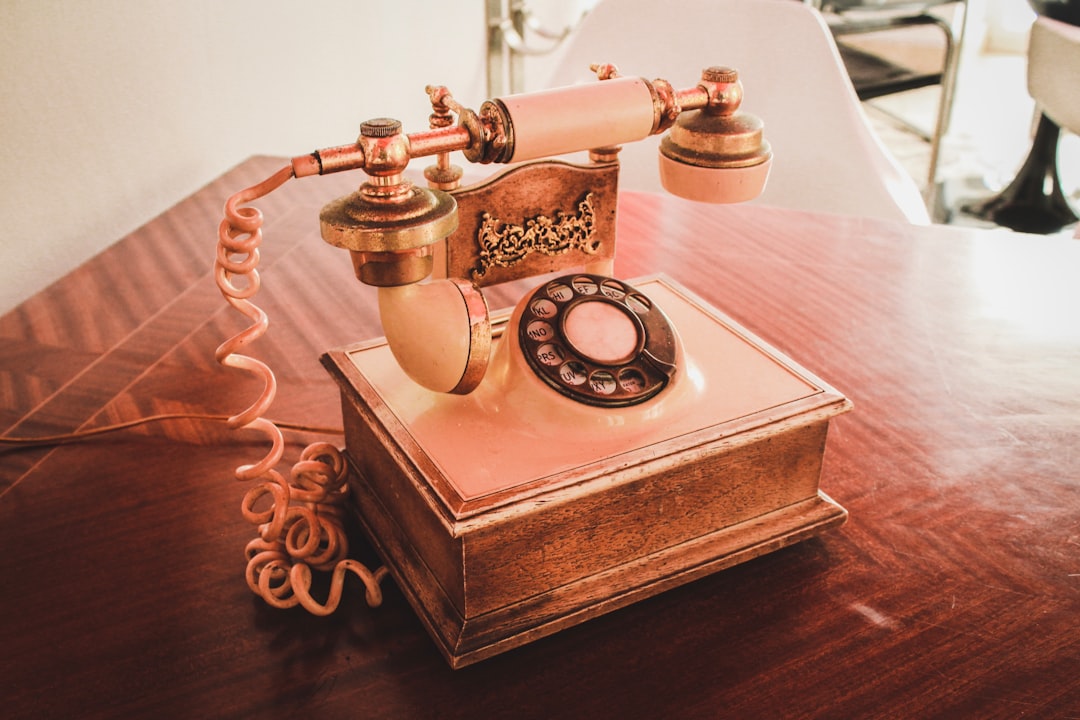Robocalls are a growing concern in Michigan's casino industry, as they can manipulate patrons' decisions and create unfair practices. While there are no specific laws against robocalls in Michigan, the TCPA offers protections. Manistee Casino is taking proactive steps to educate visitors about their rights and options, including whether they can sue for unwanted calls in Michigan, by utilizing "Do Not Call" registries, blocking tools, and interactive workshops.
Manistee Casino, in response to the growing concern over robocalls, has taken a proactive step by implementing awareness programs for its patrons. This article delves into the pervasive issue of automated calls targeting casino goers in Michigan and explores legal options available to those affected. Understanding the impact of robocalls and Manistee’s innovative approach can empower residents to protect their privacy. Additionally, we’ll guide you through the question: Can I sue for robocalls in Michigan?
Understanding Robocalls and Their Impact on Casino Patrons in Michigan

Robocalls, automated phone calls designed to deliver recorded messages, have become a ubiquitous yet unwanted nuisance for many Americans, including those in Michigan who frequent casinos. These calls can disrupt patrons’ gaming experiences, causing frustration and potentially influencing their decisions while at the casino. In a state like Michigan, where gambling is regulated, understanding the legal implications of robocalls is essential. While there’s currently no specific law against all robocalls in Michigan, the Telephone Consumer Protection Act (TCPA) provides some protections for consumers from unsolicited calls, including those made by automated systems.
The impact of robocalls extends beyond mere annoyance; they can manipulate individuals’ behaviors and decisions, especially in close-knit gambling communities. Patrons may feel pressured or even manipulated into acting on the information conveyed through these calls, which could lead to unfair gaming practices. As such, casinos like Manistee’s have taken proactive measures to raise awareness about robocall risks, empowering patrons with knowledge about their rights and options, including potential legal recourse if they feel they’ve been wronged by unwanted automated calls. This shift in approach demonstrates a commitment to creating a fairer and more transparent gaming environment for all visitors.
Manistee Casino's Approach to Implementing Robocall Awareness

Manistee Casino has taken a proactive step to address the growing concern of robocalls, implementing awareness programs to educate patrons about their rights and options regarding these unwanted calls. With Michigan’s strict laws on telemarketing, the casino aims to empower its visitors with knowledge, especially as many may be unsure if they can sue for robocalls received in the state.
The casino’s approach involves hosting informational sessions and workshops where staff train patrons to recognize and handle robocalls effectively. They provide insights into Michigan’s “Do Not Call” registry and the legal protections it offers, encouraging responsible call management. Additionally, Manistee Casino is introducing interactive tools that allow patrons to block specific numbers and register their devices for enhanced privacy, thus creating a safer gaming environment.
Can I Sue For Robocalls in Michigan? Exploring Legal Recourse for Victims

In Michigan, as in many other states, robocalls have become a common nuisance. While automated calls for marketing purposes are legal, they can be a source of frustration for recipients who feel their privacy is invaded. If a business or organization violates state laws by making unwanted robocalls, individuals may have legal recourse.
Victims of persistent or fraudulent robocalls in Michigan might consider suing the culprits. The Telephone Consumer Protection Act (TCPA) provides guidelines on consent and restrictions for automated calls, offering potential avenues for legal action. Consulting with a lawyer specializing in consumer protection laws can help determine if you have a case and what compensation you may be entitled to for emotional distress or other damages caused by robocalls.






